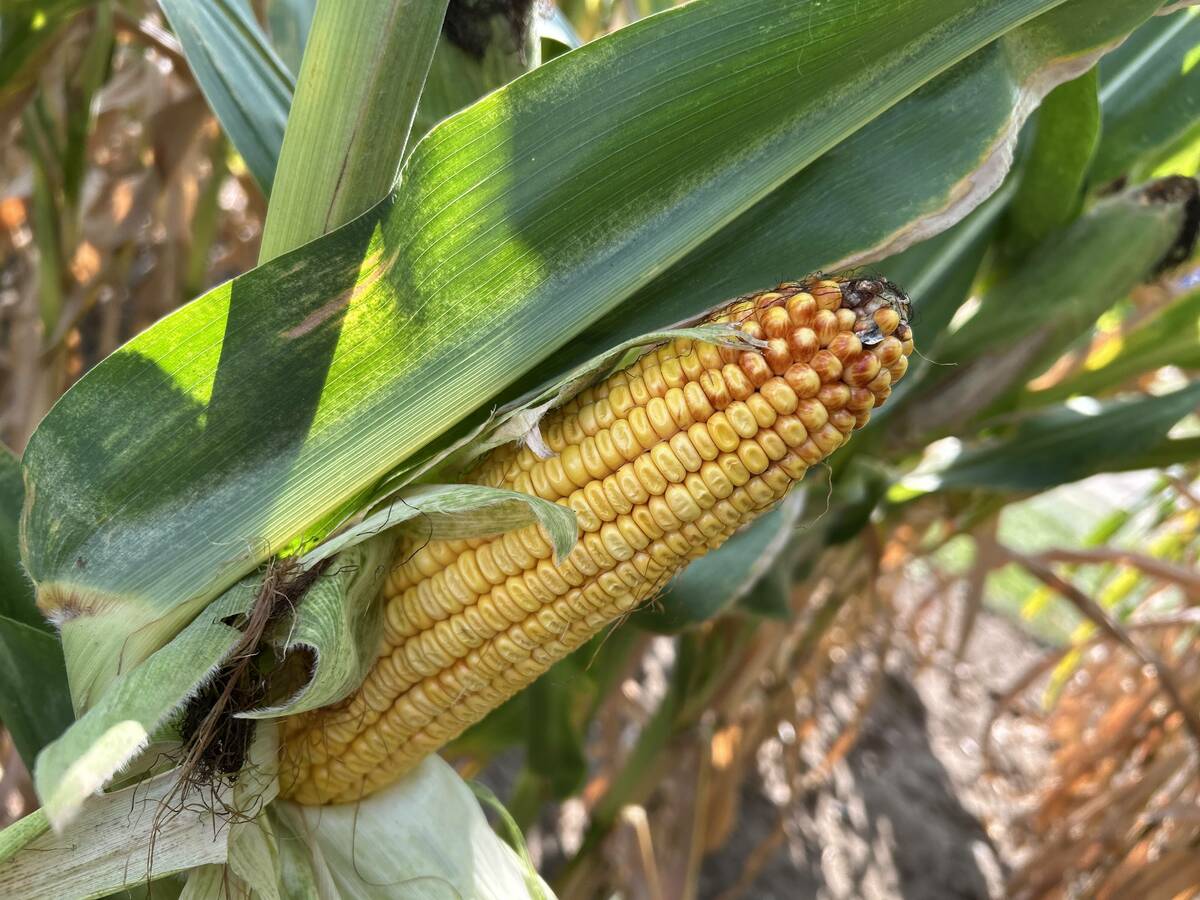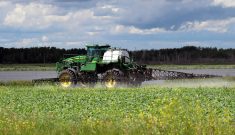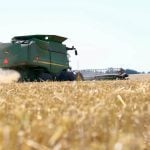At most Canadian farm meetings, the European Union is sneered at for its complex, massive subsidies for farmers, and the impact of those subsidies on world markets.
But there are signs that some of those subsidies are getting begrudging respect.
Many of Manitoba’s top agricultural policymarkers gathered on Dec. 6 at a seminar examining the concept of multifunctionality, which is the principle behind many of the EU’s subsidies.
The concept found a warm reception.
“Maybe they’ve got it right and we don’t,” mused agricultural economist Ed Tyrchniewicz after a morning spent discussing the theory.
Read Also

Crop estimates show mixed results
Model-based estimates used by Statistics Canada showed the 2025/26 crop year has seen increases in canola, corn for grain, oats and lentils production while seeing dips in spring wheat, durum wheat, soybeans and barley in comparison to 2024/25.
Multifunctionality is the belief that agriculture is more than an industry, explained the European Commission’s senior economic adviser in Ottawa.
Fred Kingston said EU policymakers believe farmers should be paid for the work they do protecting and preserving rural areas and cultures, creating jobs and tending to the environment.
He said 80 percent of EU subsidies are for income support based on the principle of multifunctionality, rather than price support, which has more of an impact on trade.
The average size of the 7.37 million farms in EU member countries is 44 acres. In Canada, the average size of our 280,000 farms is 1,042 acres, said Kingston.
Fewer subsidies might lead to bigger farmers and more unemployment, causing a migration to European cities, with the followup in social and economic problems, he said.
The challenge for the EU is to make sure payments based on multifunctionality don’t distort trade, Kingston said.
Don Dewar, president of the Manitoba farm lobby group Keystone Agricultural Producers, said Canadians need to recognize the benefits of farmers staying on the land.
“If the primary producer is going to continue to feed this (economic) engine, there needs to be investment in that machine,” said Dewar.
He contrasted the EU’s vision with that of Agriculture Canada, which is hard at work promoting its vision for agriculture in 2020, based on anticipated growth in life sciences. Dewar said he finds it frightening that this seems to be the best vision the federal government can come up with for agriculture.
While there may be profits in processing agricultural products, and bigger profits to come in the life sciences economy, they don’t seem to be trickling down to the primary producer.
“We need to add more to that (food) chain, and I really believe there is a place and a need for multifunctionality,” said Dewar.
Agriculture is in deep trouble if the life sciences vision represents the cutting edge of federal thinking, said Jack Dubois, a biologist on the board of the Manitoba Habitat Heritage Corp., which sponsored the seminar.
Dubois said he was shocked and disappointed that an Agriculture Canada presentation on its vision did not include the word ecosystem.
Treating farming solely as a business will result in “taking us all to hell in a handbasket,” said Dubois, adding policymakers have to consider social and environmental issues at the same time as economic ones.
“I hope that the work being done at the EU will penetrate the federal scene,” he said.
Manitoba’s deputy minister of agriculture agreed that policies must consider economic, environmental and social concerns.
“I’m not sure in Canada whether we truly understand that yet,” said Don Zasada.
Governments have to be open to doing things differently if they want to help farmers move up the food chain, said Zasada.
“It’s easy to say, ‘Move up the marketing chain,’ or, ‘Grow echinacea.’ It’s not that easy to do.”
Zasada said he thinks people will be more open to policy changes if they understand the value of agriculture. Society is willing to pay for the education system and road system because the benefits are clear.














